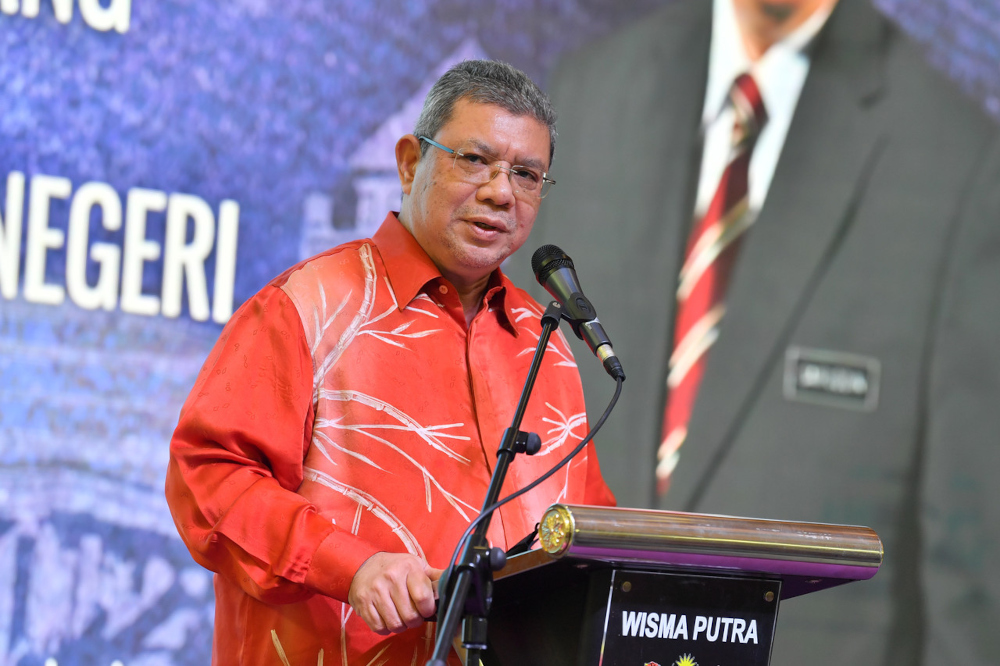KUALA LUMPUR, Nov 10 — The federal government has no intention to ratify the International Covenant on Civil and Political Rights (ICCPR) for the time being, according to a written parliamentary reply.
Foreign Minister Datuk Seri Saifuddin Abdullah said this in reply to Batu MP P. Prabakaran, who asked the former to state when Malaysia would ratify the ICCPR as data from the United Nations Human Rights Treaty Bodies showed the country has yet to do so.
The ICCPR is a multilateral treaty adopted by the United Nations General Assembly on December 16, 1966, which accorded a range of protections for civil and political rights.
“At this moment, the government has yet to make a decision to ratify the ICCPR,” Saifuddin said.
Saifuddin explained that before Malaysia could agree to ratify any international treaty, a thorough assessment was needed to inform any decision by the government.
“In the process of becoming a signatory to any treaties, there is a phase the government needed to undergo before the final decision could be made,” he said.
In the case of ICCPR, Saifuddin said the ministry or the lead government agency involved will prepare a proposal paper followed by the organising of workshops or meetings between agencies to further discuss the proposal of Malaysia becoming a signatory to the treaty in question.
“The ministry or lead agency will also hold engagement sessions with stakeholders, academia and civil society organisations to obtain feedback and share them during internal workshops or inter-agency meetings that are being held.
“In addition, the engagement sessions will also involve the public before the government signs and ratifies any international treaties,” Saifuddin added.
Saifuddin went on to say the workflow process done was crucial, more so when it involved treaties containing international law provisions that touched on sensitive issues in Malaysia such as those stipulated in ICCPR.
“To ensure that the engagement process is impactful, the ministry is currently working together with the Office of the High Commissioner for Human Rights to translate nine human right treaties into Bahasa Malaysia.
“This effort is aimed at raising awareness among the people and stakeholders by providing an accurate comprehension of the country’s obligations and implications of the treaties if Malaysia ratifies every one of them,” he said.
Explaining further, he said the government is always open and prepared to ratify any treaty whether they are legally binding or non-legally binding, as long as it contributes towards the country’s conformity with international laws.
Malaysia has, to date, ratified more than 50 international treaties involving human rights, environment, security and maritime affairs, Saifuddin added.
“I am pleased to stress that the government will always be prepared to listen, respect and not sideline the people and stakeholders’ view in ratifying any international treaties,” he said.



















